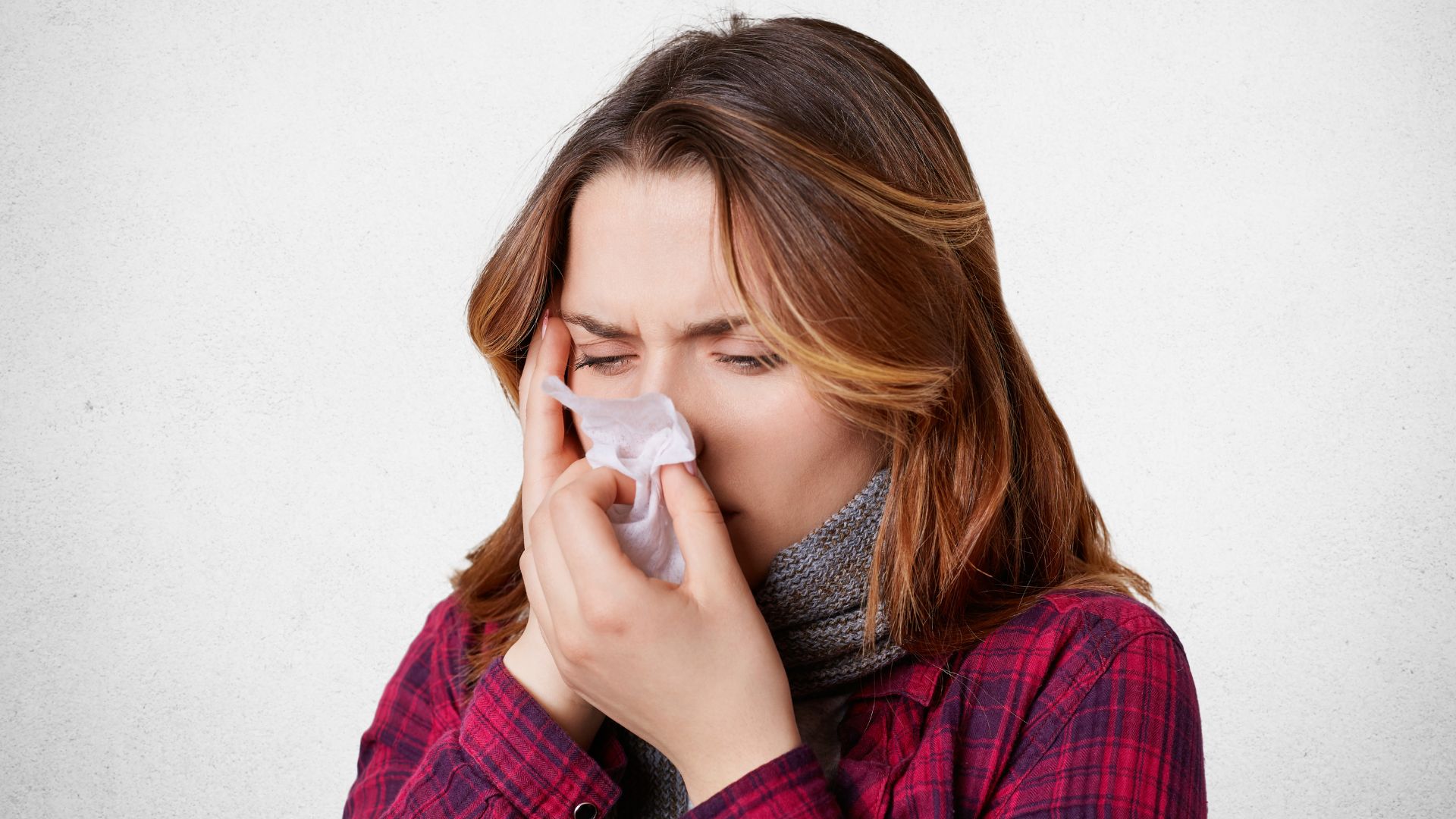Mold can be a severe issue. It can cause health problems and damage to your property.
Basements are the perfect breeding ground for mold. The combination of darkness, moisture, and lack of ventilation creates the perfect environment for mold to grow.
Mold produces allergens that can cause respiratory problems, skin irritation, and other health issues. In some cases, mold can even produce toxins that can harm your health.
Hence, it is essential to call mold remediation for your basement as soon as you see any signs of mold.
Read more: Health Benefits of Mold Remediation
Experts will take care of the problem quickly and efficiently to ensure your home’s safety and integrity.
We will explain what causes mold, its health risks, and how our mold remediation services can help you get rid of it for good.
What Are the Causes of Mold Growth in Basements?
1) Poor ventilation – Moisture-laden air can condense on cold surfaces, leading to mold growth.
2) Water leaks – Leaks from pipes, foundation cracks, or other sources can introduce moisture into the basement, promoting mold growth.
3) Flooding – Basements are susceptible to flooding, leading to mold problems.
What Are the Health Effects of Mold?
1) Mold can cause nasal stuffiness, throat irritation, coughing, or wheezing.
2) People with asthma or who are allergic to mold may have more intense reactions.
3) Mold exposure can lead to inflammation of the airways and lungs.
4) Mold exposure is linked to neurological conditions and illnesses, including memory loss and depression.
How To Identify the Different Types of Mold?
1) Black Mold
These fungi are commonly found in bathrooms, kitchens, and basements. They thrive in places with high humidity or water leaks. They are also mildew and can cause many respiratory problems if inhaled.
2) White Mold
This type of mold is often found in food like bread, cheese, and fruits. It can cause nausea, vomiting, and diarrhea if ingested.
3) Toxic Mold
This is the most dangerous type of mold as it can release mycotoxins into the air, which can be inhaled and cause serious health problems.
How Do Experts Help With Mold Removal from Basements?
1. Identify the Location and Extent of Mold Growth
This will help determine the best way to remove the mold.
2. Contain the Mold
Containing will prevent it from spreading to other areas of your home. This can be done by establishing a physical barrier, such as using negative pressure to keep mold spores from traveling through the air or using natural barriers like plants.
3. Eliminate the Source of Moisture
Mold needs water to grow, so eliminating the source of moisture is essential to preventing it from returning. This can be done by fixing leaks, increasing ventilation, or using a dehumidifier.
4. Remove the Mold
Once the mold has been contained and the source of moisture eliminated, the mold can be removed. This can be done through cleaning, sanding, and HEPA vacuuming.
5. Clean the Affected Area
After removing the mold, the area should be cleaned with soap and water. Any porous materials that have been affected by mold should be thrown away.
If you are searching for a mold specialist in Atlanta, contact Mold B Gone. We will come to your home and inspect for mold. Our process is simple: we find the mold, we kill the mold, and we remove the mold. We also offer a warranty on all of our work.

